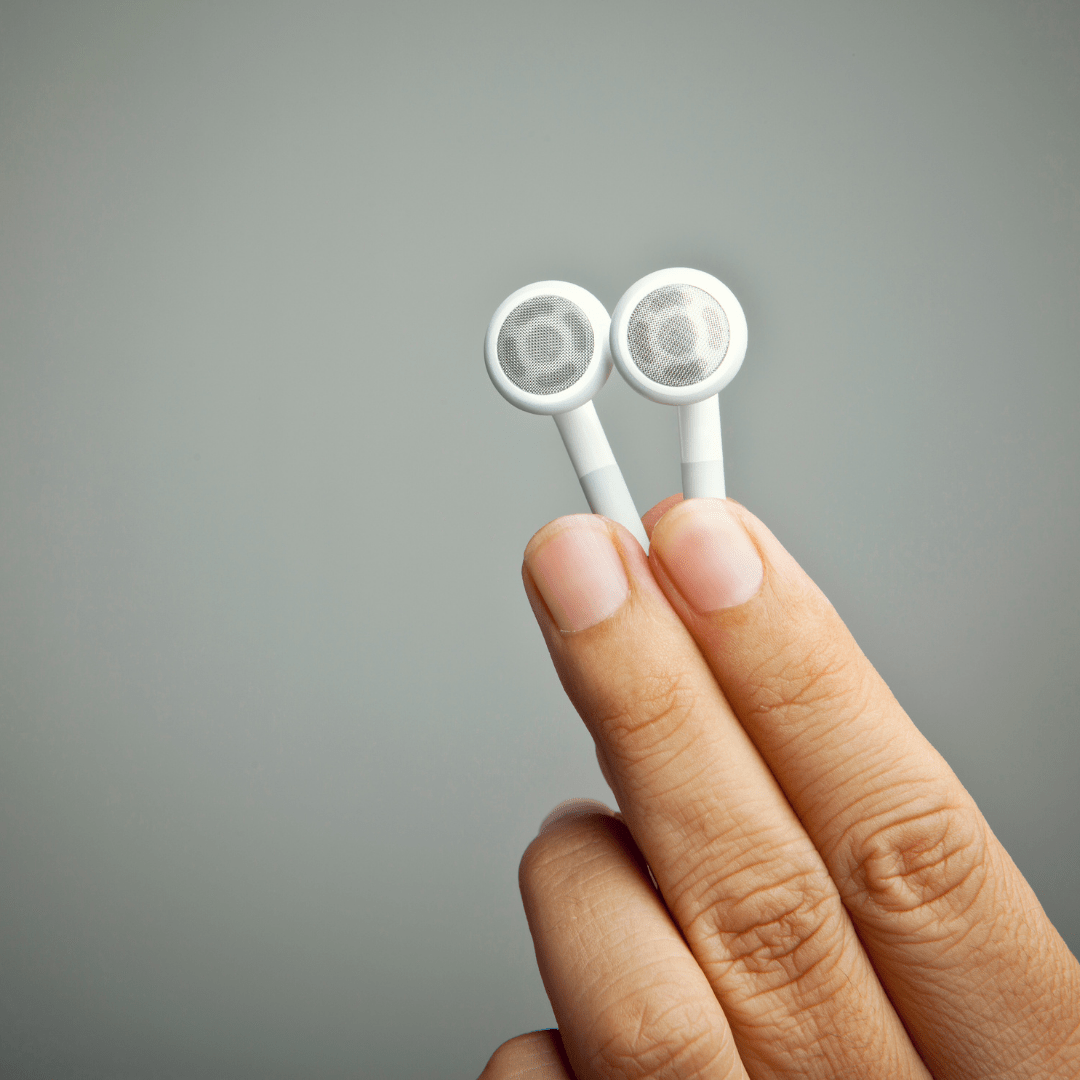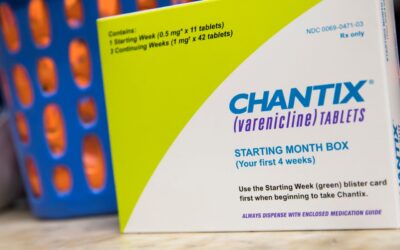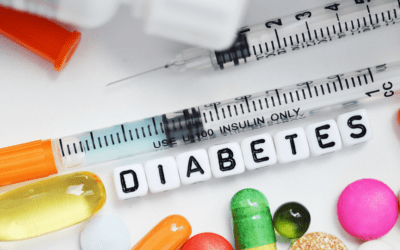Got ear buds? Beware of hearing loss They’re small, they’re discreet and just about everybody uses them these days. Ear buds are a ubiquitous accessory, but users should be cautious — prolonged use of these devices can cause permanent hearing loss. And because younger people are more likely to rely on ear buds than anyone else, they face the highest risk for early hearing loss as a result. According to CNET, nearly one in four US adults is affected by noise-induced hearing loss.
Noise-induced hearing loss is caused by loud noises for prolonged periods of time. According to the Cleveland Clinic, a good rule for ear buds is 80 percent of max volume for no more than 90 minutes at a time. But because ear buds allow more outside noise to enter the ear, users tend to crank the volume up to dangerous levels. Noise-canceling headphones or ear buds are a good alternative, but not always appropriate, such as for runners who need to hear oncoming cars.
When you do listen to music or podcasts or audiobooks, make sure to take listening breaks. According to CNET, a five-minute break every 30 minutes can give your ears a chance to recover and reduce your risk of permanent damage.
You can also change your device’s maximum volume. Many mobile devices, including the iPhone, allow users to change how loud the device can go. By eliminating the option to go too loud, you might just save your hearing.
According to KidsHealth, if you hear ringing, buzzing or roaring in your ears after a loud noise, or muffled or distorted sounds, you may have already incurred some damage to your ears. Call your doctor right away. You may be referred to an audiologist, who can determine the extent of the damage and help you make a plan to preserve your remaining hearing.







